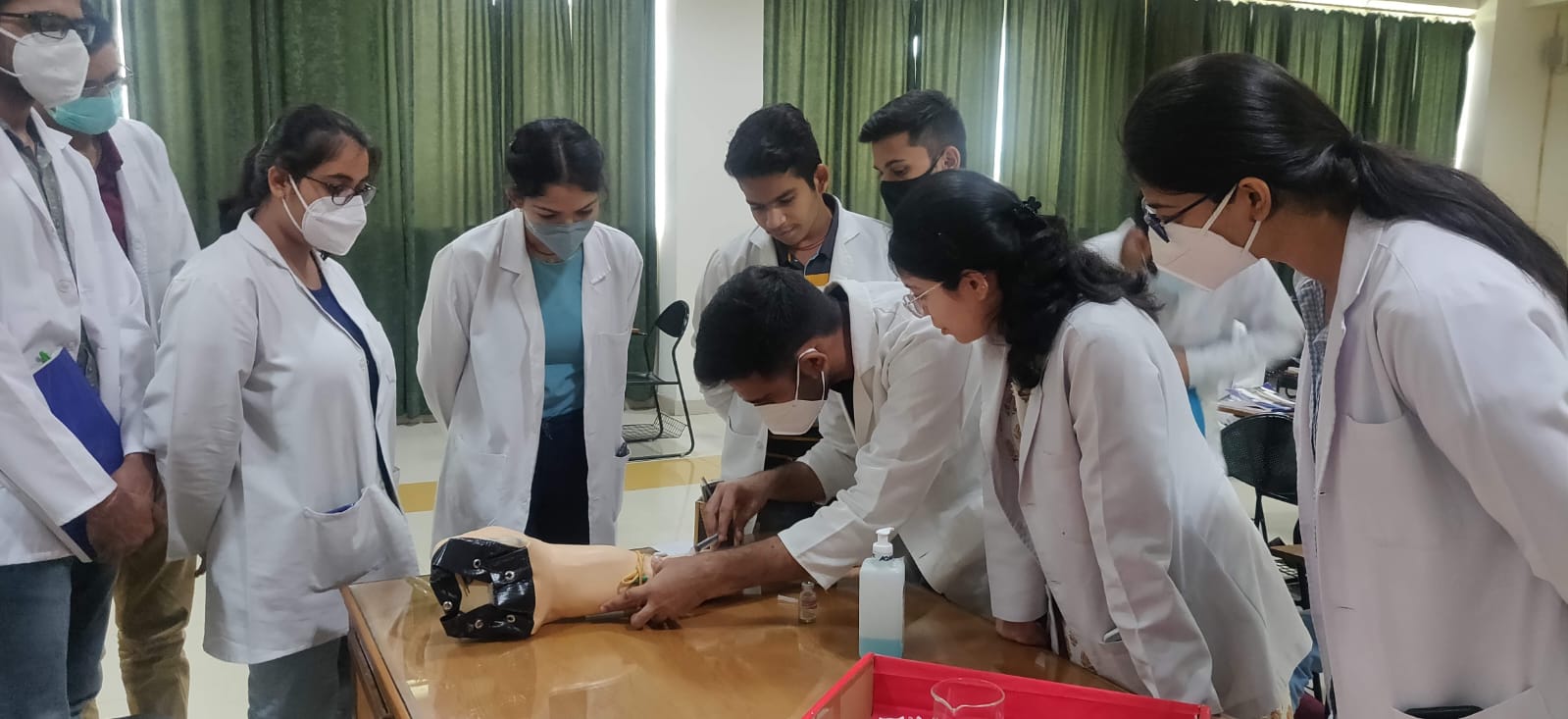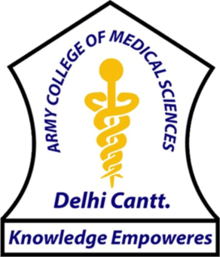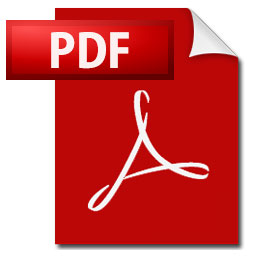Sign up as a User
Sign In
Don't have an account?
Sign up as a User
Pharmacology
Introduction
The study of Pharmacology introduces the young medical students to the marvels of modern therapeutics. The department of Pharmacology takes the students through a journey which includes the historical aspects and general principles which lay foundation for complex systemic pharmacology which is essential in clinical phase of medical education. The subject is covered in the second prof. MBBS.

ACADEMICS
The department is situated on the third floor of the Academic Block. It is well equipped with a Museum having charts, models, drugs samples, a Departmental Library cum Seminar room with over 200 books, Clinical Pharmacology Lab with manikins, a Pharmacy Lab, Research Lab and a Demonstration room with modern audiovisual aids. Research activities of the department include paper publications by the faculty and ICMR projects of STS scholarship programme.
TRAINING
The total duration of teaching Pharmacology in second prof. MBBS is 13 months which includes regular formative assessments, 2 internal assessments and a pre prof. examination.
The department conducts 262 hours of Trg (80 hrs lectures and 170 hrs small group learning, 12 hrs self directed learning) as per the new competency based medical education (CBME) guidelines of the NMC. Apart from this, the dept. conducts tutorials, case based learning, seminars and assignments for the students. The Departmental Trg progm is designed based on horizontal alignment with para clinical subjects and vertical alignment with clinical specialties. The practical skill based competencies are taught in the interactive DOAP sessions using drug formulations and state of the art manekins. Role play and tutorials are used to teach communication skills and AETCOM modules. The Dept is also involoved in integrated teaching with depts. like Anatomy, Physiology, Biochemistry, Medicine, Surgery, etc. Elective Training Programs on Adverse Drug Reaction Monitoring and Drug Utilisation Studies are also offered to the undergraduate students. The Dept. has published its 4th edition of log book cum lab manual. Co-curricular activities like poster making etc. make the learning student centric and comprehensive. Clinical case based learning and communication skills are emphasized to prepare the students for the real world scenario.

 Faculty Details
Faculty Details